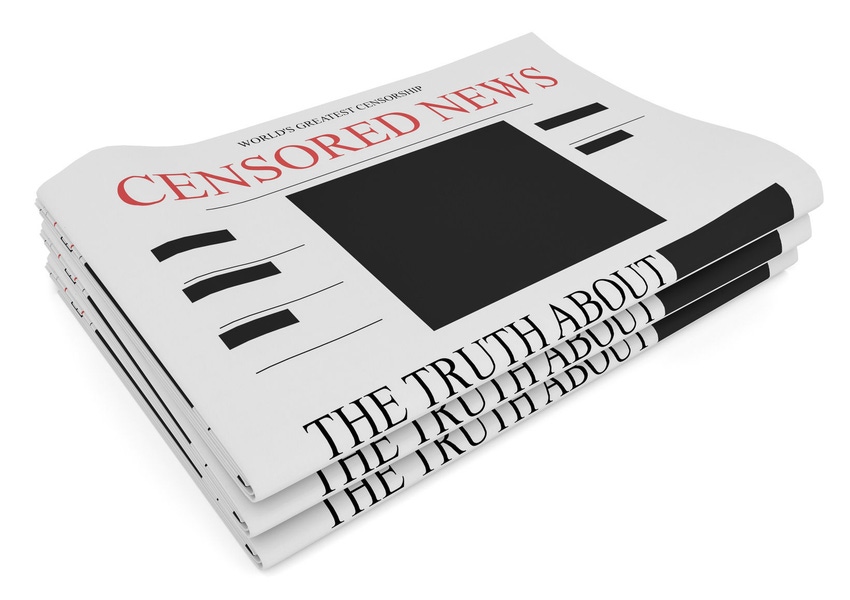Internet giant Google has had the nerve to position itself as the defender of individual interests over corporate ones in Australia.
August 17, 2020

Internet giant Google has had the nerve to position itself as the defender of individual interests over corporate ones in Australia.
The reason for this counter-intuitive position is a proposed law, called the News Media Bargaining Code, which has the stated aim of restoring balance to the bargaining relationship between Aussie news publishers and the major internet platforms that profit from sharing their content – specifically Google and Facebook. It would not only allow Aussie media to collectively demand more compensation from the use of their content, but also give them special insight into how the platforms rank content.
This latter facility is what Google has focused on, in an open letter to consumers from its Aussie head and a blog directed at YouTube creators. The underlying theme in both is that, by favouring big media, the law harms the independent journalism and creator communities, which in turn harms consumers by restricting their choices.
While these are valid points, YouTube especially is not known for its light touch when it comes to censorship of independent voices, especially those that may in any way upset its big advertisers. Big media seems to be largely spared during YouTube’s regular purges, with topics such as ‘Russiagate’ somehow being spared its otherwise zero-tolerance approach to perceived ‘conspiracy theories’.
On the flip side the Aussie regulator – the ACCC – seems to have been sloppy in its drafting of this law, leaving open the probability of just the kinds of unintended consequences Google warns of. Using the time-honoured regulatory trick of ‘do what we tell you voluntarily or we’ll force you’, the ACCC has had since 20 April to get this right.
The decimation of media by internet platforms is a very legitimate concern for freedom of speech and public information, but forcing them to pay for sharing links seems to run counter to the core spirit of the internet. Under this new law big Aussie media may be able to force Google and Facebook to pay more in compensation, but by discriminating against independent journalism, the ACCC is creating a new set of problems that may be even more damaging to the consumer.
About the Author(s)
You May Also Like








.png?width=300&auto=webp&quality=80&disable=upscale)


_1.jpg?width=300&auto=webp&quality=80&disable=upscale)


.png?width=800&auto=webp&quality=80&disable=upscale)